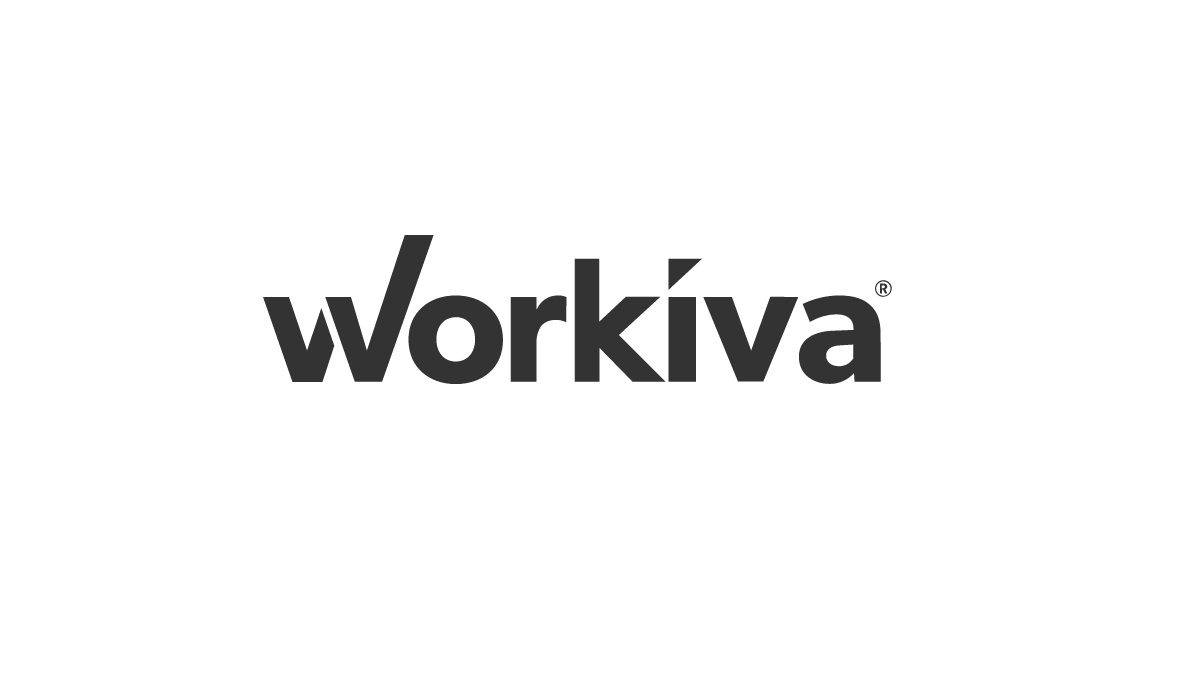Tips
What not to put on a resume: 5 things to avoid
Sometimes we end up in doubt about what to add to our resumes, imagine the opposite! Here's a neat list of what not to put on a resume.
Best practices for writing an effective resume

We’ve already gone about what to do when building your resume. If you haven’t checked this post be sure to read it now. Here, we’ll explain what not to put on a resume.
An equally important topic, not very well covered by professional information outlets out there.
However, just as important as what to do when applying for a job, we also need to cover some misconceptions.

What to put on a resume: tips on how to write one
Learning what to put on a resume is the first step towards a successful application process! Check our post and be ahead of the competition!
That’s what this post is for. Let’s understand a bit how to become better at making resumes and securing better opportunities for professional development and evolution!
How important is a resume when applying for a job?

When you’re applying for a job, your resume is one of the most important pieces of your application.
It’s your chance to give potential employers a snapshot of your experience and skills. You can also show them why you’re the right person for the job.
While it’s important to have a well-written and error-free resume, there are other factors that can be just as important in landing a job.
For example, if you have relevant work experience or specialized skills that are relevant to the position you’re applying for, that can make your resume stand out from the rest.
Likewise, if you have strong references who can vouch for your work ethic and abilities, that can also help your resume stand out.
Ultimately, while a resume is an important part of any job application, it’s not the only factor that employers will consider.
To maximize your chances of landing a job, make sure your resume is as strong as it can be. Also be sure to supplement it with other elements that will showcase your skills and experience.

5 tips to prepare for your interview
Some people can be very hard to prepare for a job interview. Even though they can sometimes be pretty stressful, they're still necessary. Check this post and learn!
You will be redirected to another website
By submitting this form, I agree that I am 18+ years old and I agree to the Privacy Policy and Terms and Conditions. I also provide my signature giving express consent to receive marketing communications via automated emails, SMS or MMS text messages and other forms of communication regarding financial products such as credit card and loans. Message frequency varies and represents our good faith effort to reach you regarding your inquiry. Message and data rates may apply. Text HELP for help or text STOP to cancel. I understand that my consent to receive communications is not a condition of purchase and I may revoke my consent at any time.
5 things you should never put on a resume: stand out by creating a good CV

While there are many ways to stand out on a resume, one of the best is to showcase your creativity. If you have developed any creative projects, be sure to include them on your resume.
This will give potential employers an idea of your skills and abilities, and it will help you to stand out from the crowd.
Sometimes, people tend to lose control over the optimization of their resumes.
Hence, the final product ends up lacking in cohesiveness and objective information, things usually negative in a hiring process.
Let’s take a look at 5 don’ts to make sure that doesn’t happen to you!
Dense text
In order to make the material easily readable, you will need to reduce the amount of information to a minimum and arrange it in an effective manner.
It’s easier to read and draws a hiring manager’s attention to your most job-relevant abilities, allowing hiring reps to decide at a glance whether you’re a good candidate or not.
The use of bullet points is an excellent way to showcase visually some of your most important capabilities.
This way the structure lends itself to creating a series of clear linkages between the experience you’ve listed and the requirements of the position.
Many recruiters use software to evaluate resumes for keywords and give you a grade based on how well it meets their requirements. So be sure to keep an eye for these as well!
Past salaries
When you are searching for a new job, it is not a good idea to mention either your current or previous salary on your resume. Instead, focus on highlighting your qualifications and experience.
It is possible that you may be given a starting salary that is lower than you deserve if you submit verifiable evidence in support of your application.
If you exaggerate your previous wages, you put yourself in danger of having your falsehoods uncovered, which might lead to you losing your job as a consequence.
This restriction applies to both private and public sectors. Do not include anything such as this on your CV if you want to do yourself a favor.
Reading the room
It’s very important to only mention work history that is relevant to the position you are now looking and applying for.
You may include other occupations on your resume if you are transitioning into a different industry or even a whole other line of work.
If you also feel such information is relevant you may include it.
However, the focus should be on the talents that are applicable to your new line of work rather than the job titles you had in the past.
Unprofessional email addresses
When applying for a position it’s important to present yourself in a professional manner. One way to do this is to use a professional email address on your resume.
An email address like “[email protected]” sends the wrong message.
It tells the employer that you’re not taking the application process seriously and that you’re not mature enough to handle a professional work environment.
On the other hand, an email address like “[name].[surname]@gmail.com” conveys a sense of professionalism and maturity.
It tells the employer that you’re serious about the job and that you’re ready to take on the responsibilities of a professional role.
So if you’re looking to make a good impression on potential employers, be sure to use a professional email address on your resume.
Typos
It’s no secret that first impressions are important, especially when it comes to job applications. Your resume is often the first thing a potential employer will see, so it needs to be good.
Unfortunately, one of the easiest ways to sabotage your resume is by making simple spelling and grammar mistakes.
Despite the fact that resume mistakes are incredibly common, they can still be a major turn-off for employers.
In fact, one study found that nearly 60% of employers would automatically disqualify a resume with even one spelling mistake.
Thankfully, there are a few easy ways to avoid this resume deal-breaker.
You should also read your resume out loud, as this can make it easier to catch errors in sentence structure or punctuation.
Finally, consider having someone proofread and revise your resume for you. This is especially helpful if you know someone with impeccable writing skills.
By taking these simple steps, you can help ensure that your resume is mistake-free and ready to impress potential employers.
Now that you know what not to put in a resume, what to do?
Upon finishing reading this post, you must have asked the question “what now?”
To answer that, be sure to check out our next post! There, we’ll cover the very best ways to improve your career development!

5 tips to improve your career development
Interested in tips to improve your career development? Check out our post to learn our 5 simple strategies for growing in your current job!
About the author / Pedro Pansutti
Trending Topics

Apply for a job at Workiva: learn how
Apply for a job at Workiva today and start building a respectable career in technology with one of the best employers!
Keep Reading
What is an entry-level job: everything you need to know
If you want to know what is an entry-level job, you've come to the right place! We'll discuss it all in this post. Check it out!
Keep Reading
What is a stipend and how does it work?
Want to find out what is a stipend in a simple way? Learn once and for all what this means in the professional world with this post!
Keep ReadingYou may also like

Best entry-level jobs that pay $40k+ a year
Would you like to get a job even though you have no professional experience? Check out our list of the best entry-level jobs available!
Keep Reading
Apply for a job at New American Funding: learn how
Apply for a job at New American Funding today and discover a world of opportunities and benefits! Learn how by reading this post!
Keep Reading
5 best ways to get a job near you
Want to know the best ways to get a job near you? Check this post out and learn the best way to get a job close by!
Keep Reading